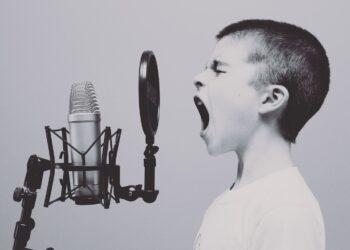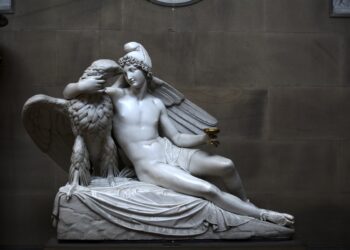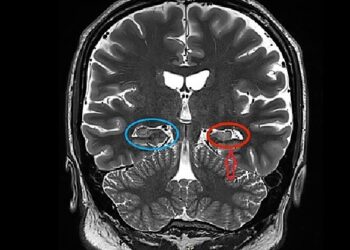Who was the main author of the Declaration of Independence?

George Washington
Thomas Jefferson
John Adams
Benjamin Franklin
Which Revolutionary War hero is famously known for his midnight ride to warn of the approaching British forces?

Samuel Adams
Paul Revere
Patrick Henry
Nathan Hale
Who was the French aristocrat that fought alongside American troops in the Revolutionary War?

Marquis de Lafayette
Charles Cornwallis
Friedrich von Steuben
Horatio Gates
What was the most common weapon during the Revolutionary War?

Flintlock Musket
Cannon
Glock
AK-47
Who led American troops to victory in the Battle of Saratoga?

Horatio Gates
George Washington
John Burgoyne
Charles Lee
Who was known as the “Swamp Fox” for his guerrilla warfare tactics?

Francis Marion
Daniel Morgan
Nathanael Greene
Henry Knox
Which American naval officer famously declared, “I have not yet begun to fight”?

John Paul Jones
Edward Preble
John Barry
Richard Dale
Who was the first U.S. Treasury Secretary who also played a crucial role in the Revolutionary War?

Thomas Paine
Alexander Hamilton
John Jay
James Madison
Which patriot is known for his influential pamphlets like “Common Sense”?

Patrick Henry
Samuel Adams
Thomas Paine
James Otis
Who was the general in charge of British forces during the surrender at Yorktown?

William Howe
John Burgoyne
Charles Cornwallis
Thomas Gage
Who commanded the Continental Army during the American Revolutionary War?

John Adams
Benjamin Franklin
George Washington
Thomas Jefferson
What significant document did John Hancock famously sign?

U.S. Constitution
Bill of Rights
Declaration of Independence
Articles of Confederation
Which battle is considered the turning point of the Revolutionary War due to a decisive American victory?

Battle of Bunker Hill
Battle of Yorktown
Battle of Trenton
Battle of Saratoga
Who was the first woman to receive a military pension in the United States for her service during the Revolutionary War?
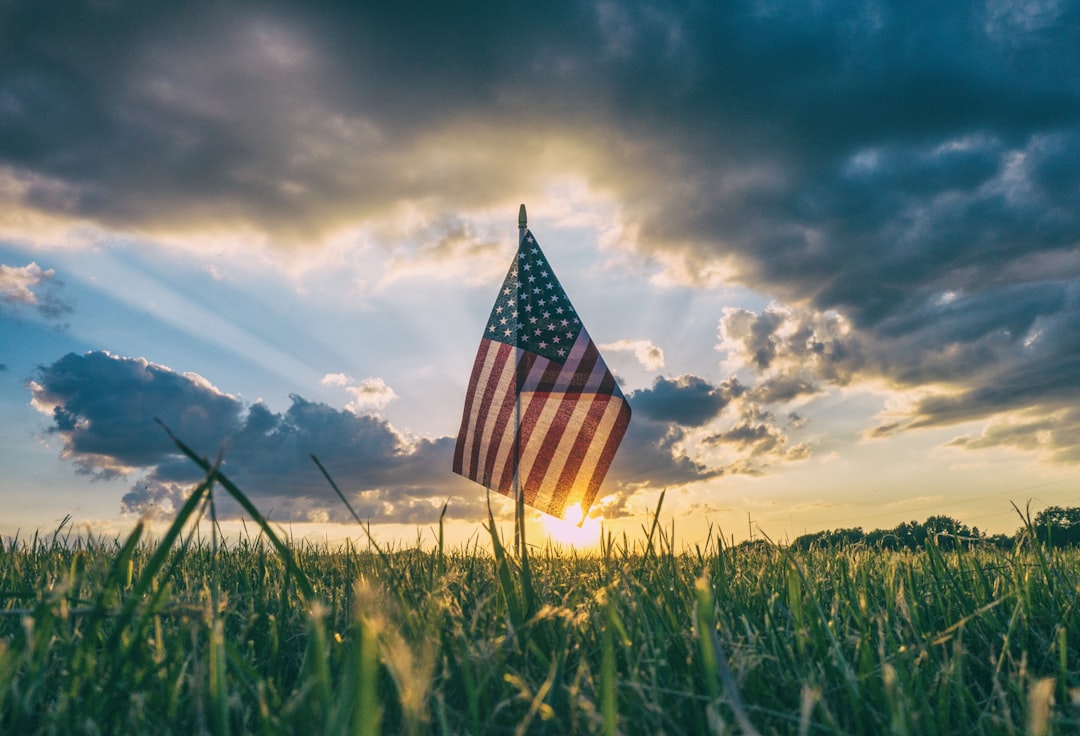
Deborah Sampson
Molly Pitcher
Betsy Ross
Martha Washington
Which country was a crucial ally to the American colonies during the Revolutionary War?

France
Germany
Spain
Russia
What role did Benjamin Franklin play in aiding the American Revolutionary War effort?
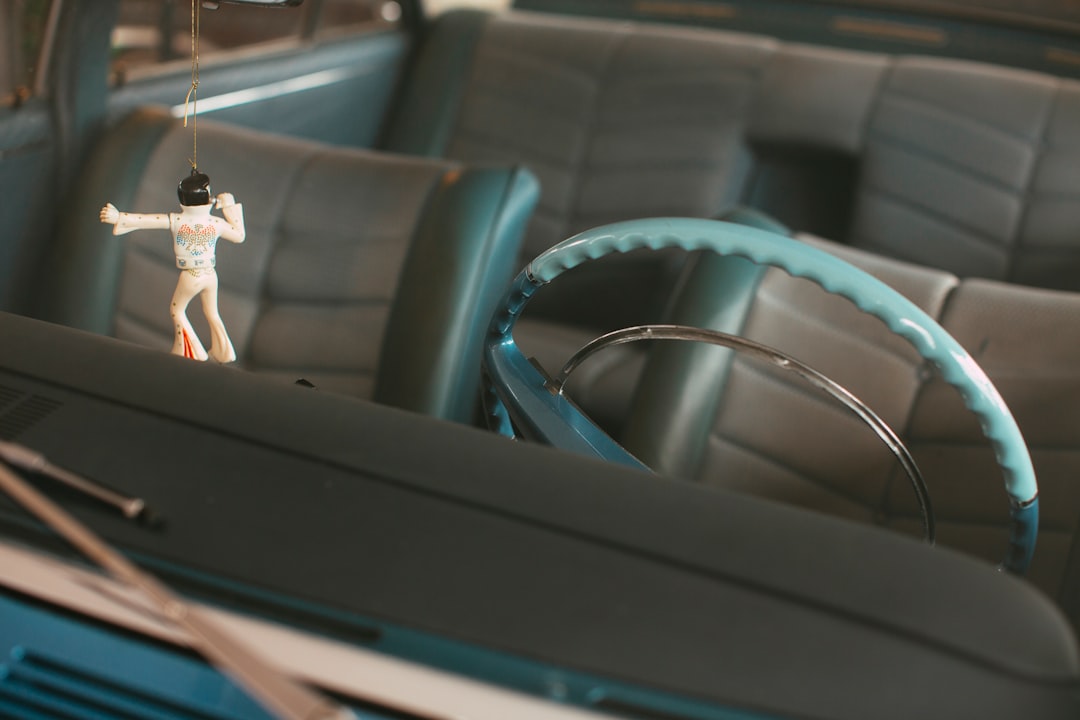
Military General
Diplomat
Naval Commander
Finance Minister
Which of the following battles marked the end of the Revolutionary War?
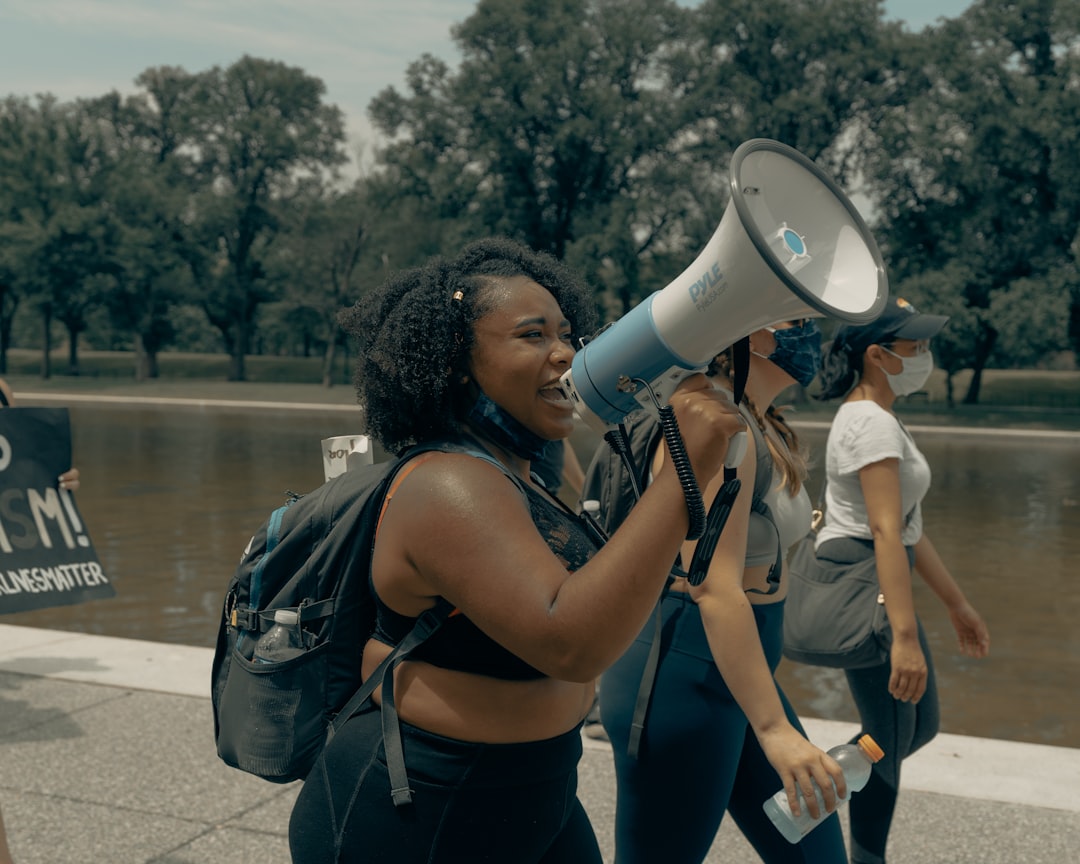
Battle of Princeton
Battle of Monmouth
Battle of Chesapeake
Battle of Yorktown
Who is remembered for sewing the first American flag according to popular legend?
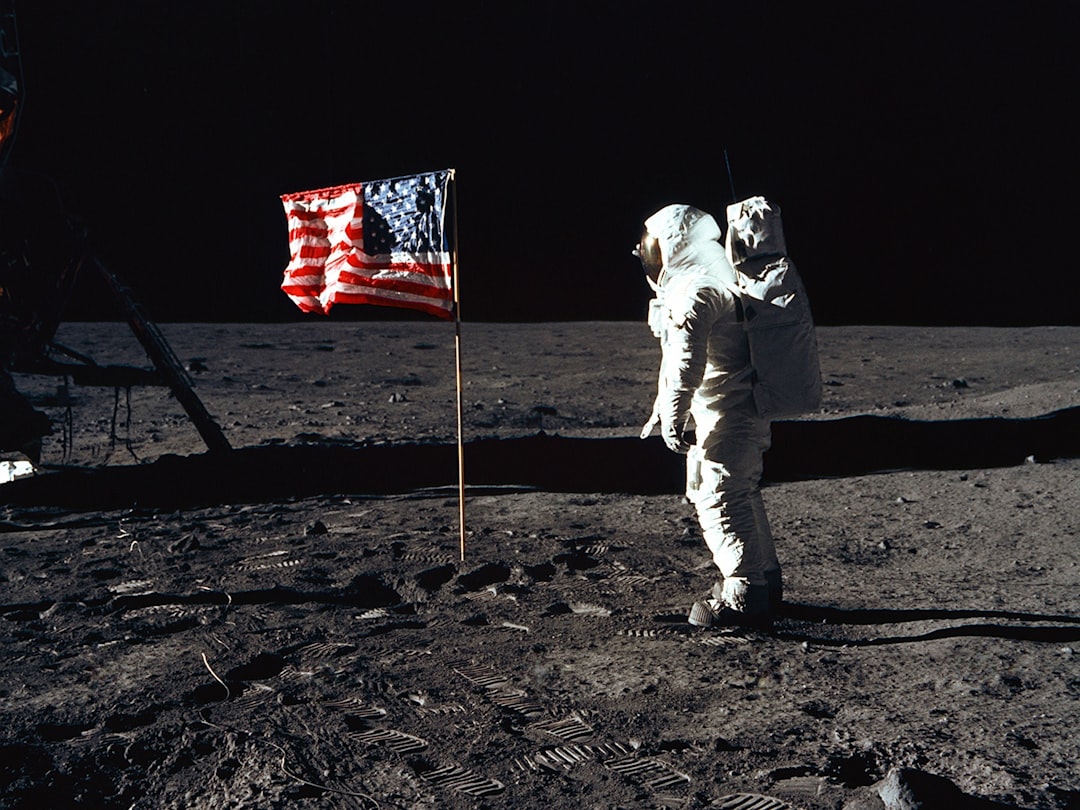
Martha Washington
Deborah Sampson
Betsy Ross
Molly Pitcher
What was the primary role of the “Minutemen” during the Revolutionary War?
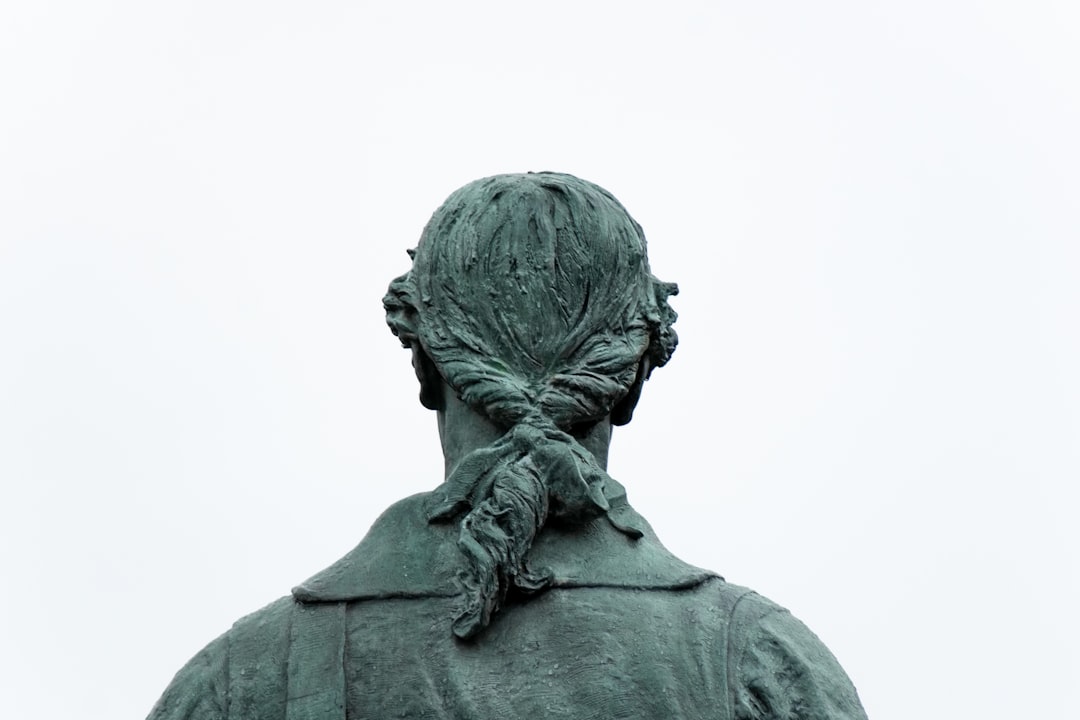
Cavalry scouts
Navy sailors
Quick-response militia
Artillery specialists
What was the main purpose of the Committees of Correspondence?
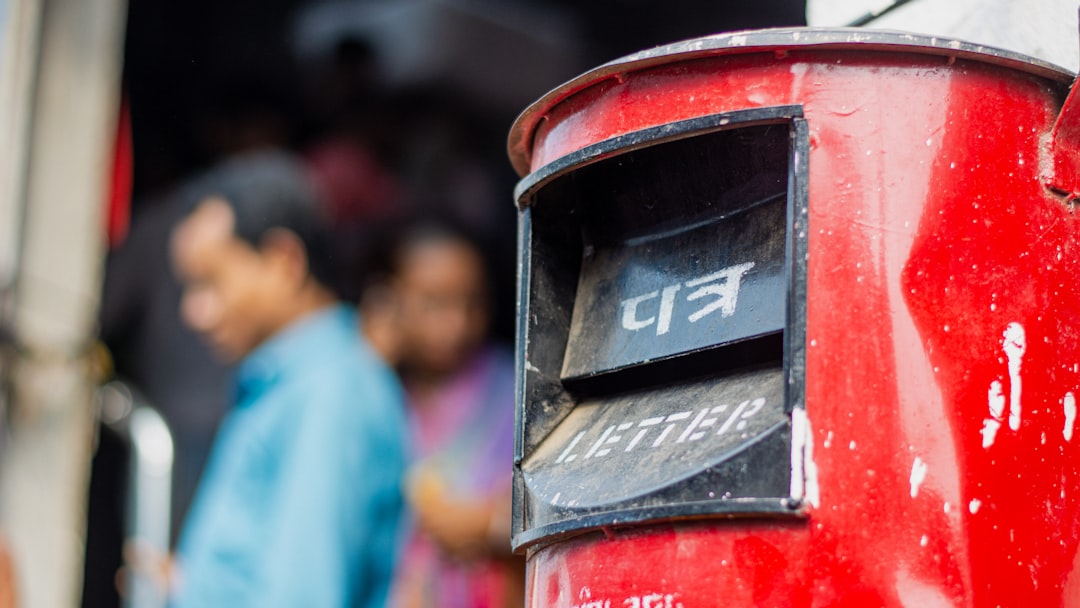
Draft the Declaration of Independence
Regulate trade laws
Organize protests against Britain
Foster communication between colonies

Revolutionary Rookie
You’re just starting your march towards independence!

Colonial Cadet
You’ve mustered a solid understanding of the Revolutionary War, keep pushing!

Patriot Prodigy
Your knowledge is as mighty as a cannon’s roar—true Revolutionary War expertise!


